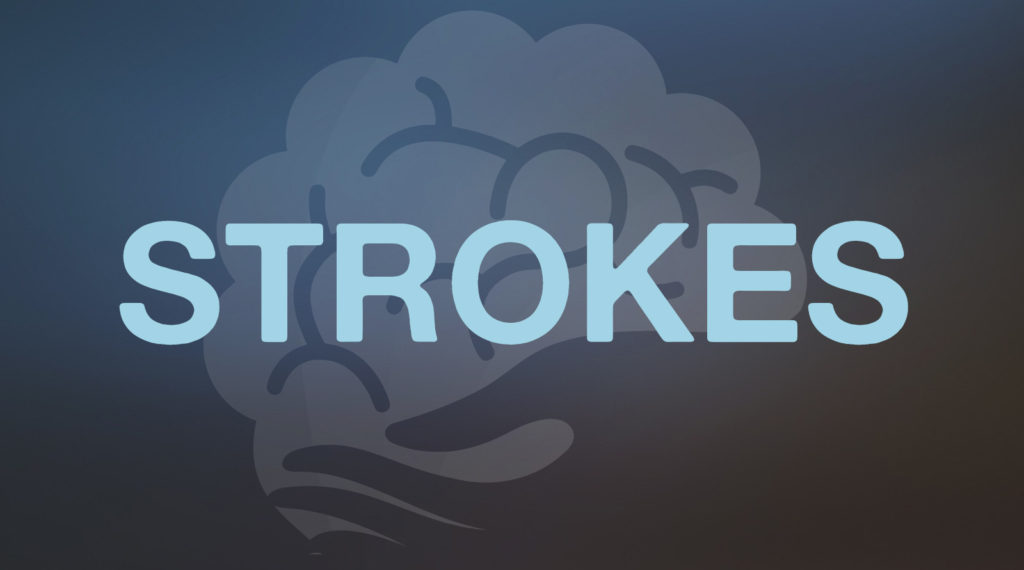 Click here to view all Different Brains content about strokes
Click here to view all Different Brains content about strokes
What are Strokes?
A stroke occurs when the blood supply to part of your brain is interrupted or severely reduced, depriving brain tissue of oxygen and nutrients. Within minutes, brain cells begin to die.
A stroke may be caused by a blocked artery (ischemic stroke) or the leaking or bursting of a blood vessel (hemorrhagic stroke). Some people may experience only a temporary disruption of blood flow to their brain (transient ischemic attack, or TIA).
Many factors can increase your risk of a stroke. Some factors can also increase your chances of having a heart attack. Potentially treatable stroke risk factors include:
Lifestyle risk factors
- Being overweight or obese
- Physical inactivity
- Heavy or binge drinking
- Use of illicit drugs such as cocaine and methamphetamines
Medical risk factors
- High blood pressure — the risk of stroke begins to increase at blood pressure readings higher than 120/80 millimeters of mercury (mm Hg). Your doctor will help you decide on a target blood pressure based on your age, whether you have diabetes and other factors.
- Cigarette smoking or exposure to secondhand smoke.
- High cholesterol.
- Obstructive sleep apnea — a sleep disorder in which the oxygen level intermittently drops during the night.
- Cardiovascular disease, including heart failure, heart defects, heart infection or abnormal heart rhythm.
A stroke can sometimes cause temporary or permanent disabilities, depending on how long the brain lacks blood flow and which part was affected. Complications may include:
- Paralysis or loss of muscle movement.
- Difficulty talking or swallowing.
- Memory loss or thinking difficulties.
- Emotional problems.
- Pain, numbness or other strange sensations in parts of their bodies affected by stroke.
- Increased sensitivity to temperature changes, especially extreme cold after a stroke.
- Changes in behavior and self-care ability.
As with any brain injury, the success of treating these complications will vary from person to person.
Source: https://www.mayoclinic.org/diseases-conditions/stroke/symptoms-causes/syc-20350113
Stroke Resources
American Stroke Association From their website: The American Heart Association is the nation’s oldest and largest voluntary organization dedicated to fighting heart disease and stroke. Founded by six cardiologists in 1924, our organization now includes more than 40 million volunteers and supporters. We fund innovative research, fight for stronger public health policies, and provide critical tools and information to save and improve lives. Our nationwide organization has more than 2,800 employees and has had impacts in all 50 states plus Washington D.C. and Puerto Rico. We moved our national headquarters from New York to Dallas in 1975 to be more centrally located. The American Stroke Association was created as a division in 1998 to bring together the organization’s stroke-related activities.
Stroke Connection e-news From their website: Stroke Connection e-news is the American Stroke Association’s monthly publication delivering news, resources and stories for stroke survivors and their caregivers. The American Stroke Association believes it’s important to shine a spotlight on stroke survivors and caregivers because they can inspire and help fellow survivors through their journeys, and help other people understand what it’s like to recover from stroke.

